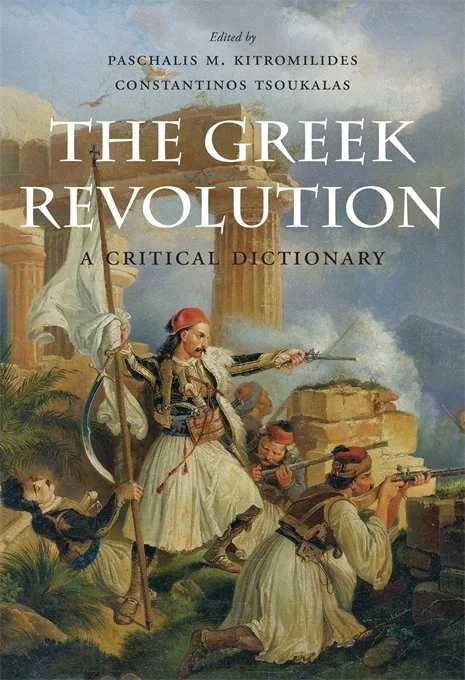
“Bones, Stones, Trees, and Roots: On the Enduring Urgency of Karkavitsas’ Archeologist (1904)”
Sponsored by the UCLA Stavros Niarchos Foundation Center for the Study of Hellenic Culture
This lecture is offered on the occasion of International Translation Day, in collaboration with the Embassy of Greece in Washington, DC, the UCLA Department of Classics, and the American Archaeological Institute (Los Angeles Chapter).
The discussion will be co-moderated by Professor Sarah Morris (Classics; Cotsen Institute of Archaeology) and Dr. Simos Zenios (UCLA SNF Hellenic Center).




















